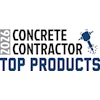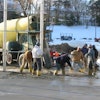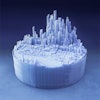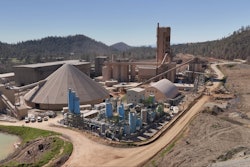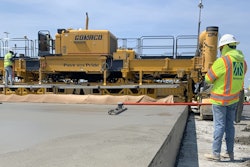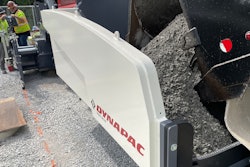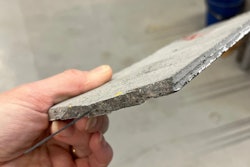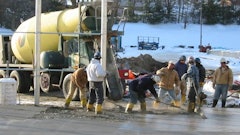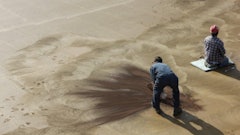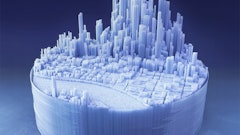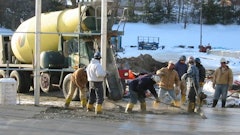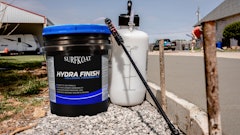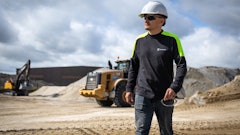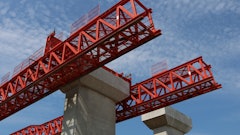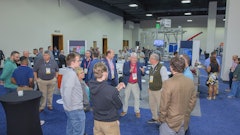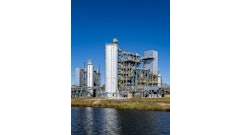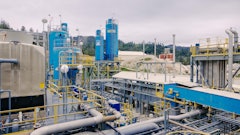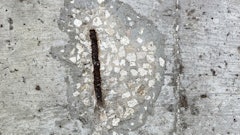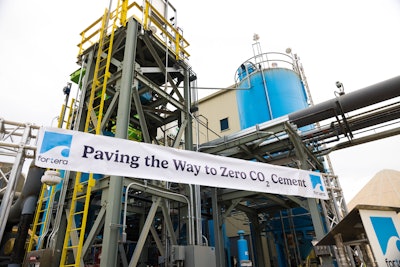
In order to scale the development of its low-carbon cement technology, Fortera, the advanced materials manufacturer, announced it has secured $85 million in Series funding. Operations at the Redding, California "ReCarb" plant are underway. The company is now positioned to move forward with additional plants to produce a green cement called ReAct - a material that has reportedly 70% less carbon dioxide than ordinary cement.
Investors included Khosla Ventures, Temasek, Wollemi Capital, NOVA by Saint-Gobain, Presidio Ventures, and Alumni Ventures.
- Fortera’s process captures CO2 emissions directly from production and converts it to ready-to-use low-carbon cement
- Full-scale ReCarb plants are expected to mineralize 165,000 tons of industrial carbon dioxide and produce approximately 375,000 tons of low-carbon cement annually.
The funding marks a pivotal moment for the company, says Ryan Gilliam, CEO and co-founder of Fortera. “Due to the scale of the industry, we won’t have an impact on emissions unless we have an economic pathway to expand globally,” he says. “With the launch of our first plant and the close of this funding round, we’re entering into the next phase of our development as a commercial project company to accelerate low- to zero-carbon cement deployment. It’s vital to have the financial means to put operations in place to commercialize our technology, and we are honored to have the backing and expertise of some of the most knowledgeable investment firms in project finance and the cement and concrete industry as we carve the path to zero CO2 cement.”
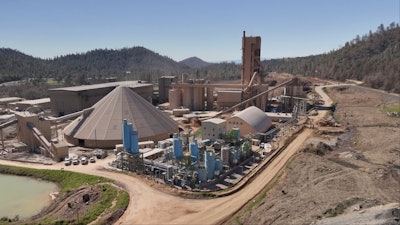 Fortera
Fortera
What is ReCarb?
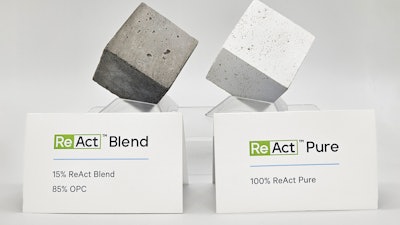 Fortera
Fortera
The result of the funding allows Fortera to put more ReAct cement to market, providing concrete contractors with a cost-effective way to meaningfully reduce the carbon footprint of their construction projects. "As such, the industry will be better equipped to meet sustainability requirements and serve clients who priority green building practices," says Gilliam.
ReAct green cement meets ASTM C150 and ASTM C595 specifications and can be used on its own or blended with ordinary cement.
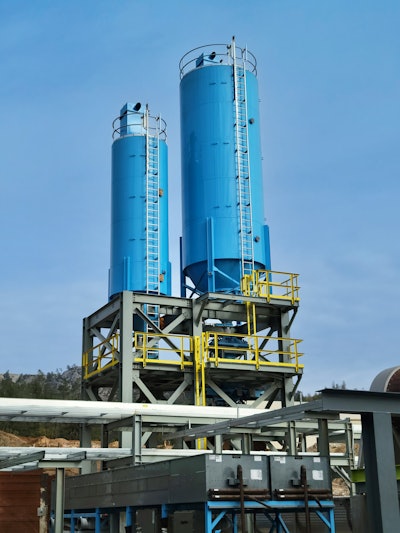 Fortera
Fortera
Fortera's technology is the result of over 100,000 hours of research and development, supported by more than 100 issued and pending global patents and over a decade of real-world product testing. The company’s ReAct cement, a unique form of calcium carbonate created from mineralized industrial CO2, matches the strength and durability of ordinary cement. It meets existing regulations and is ASTM-approved as a partial cement substitute. ReAct can be used alone or mixed with ordinary cement, reducing the carbon footprint of construction projects while maintaining strength and enhancing workability.
“Our investment in Fortera aligns with Saint-Gobain’s priority toward the decarbonization of industries and our commitment of working with startups that are moving the world forward with sustainable innovations,” said Basma Kharrat, Vice President, External Venturing, Saint-Gobain. “We look forward to fostering our relationship with Fortera as they continue to evolve cement technology aimed at reducing environmental impact while also reducing carbon emissions through manufacturing facility upgrades.”
Fortera's recent achievements have earned national recognition, including being named the 2023 U.S. National Winner for Outstanding Projects by the Net-Zero Industries Awards. Additionally, ReAct has been honored as a Green Builder Media 2024 Sustainable Product of the Year.

